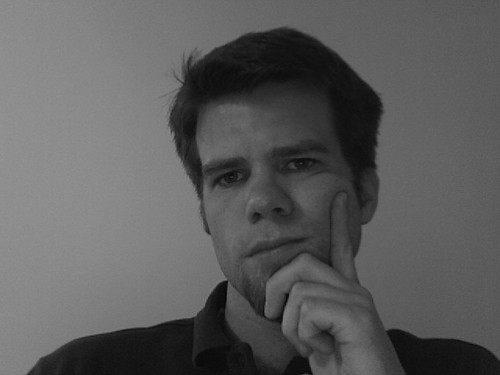This is a continuation of a previous post on the book Restoring Methodism. This book, at 163 pages, is a very quick read. In fact, the danger is that one may read it all in one sitting and not allow the depth of each decision to really sink in. All in all, I found this to be a thought provoking book that I would highly recommend to anyone who is passionate about the United Methodist Church and wants to see it reclaim its spiritual vitality. Continue reading for some more specific thoughts about the content of the book.
Decision #8 notes the lack of doctrinal consensus in the contemporary UMC. The authors suggest that one helpful way to return to a common doctrinal understanding would be by reminding ourselves of the UMC's Wesleyan foundation. They suggest focusing on the following four elements:
1. Scripture
2. History and Tradition of the Church
3. Wesleyan roots
4. Wesleyan essentials
The discussion of Wesleyan essentials is important, especially if the goal is to have some sort of consensus. We are reminded that there are three main doctrines: repentance, faith, and holiness. They also include these as Wesleyan essentials: original sin, atonement of Christ, resurrection of Jesus, justifying faith, Holy Spirit, new birth, Christian assurance, holiness (sanctification), Sacraments, stewardship, and the Church (43).
The authors summarize what is at stake wonderfully: As Mr. Wesley said, after we agree on the essentials, we think and let think. Many United Methodists today can quote the "think and let think" idea, but they have forgotten that it was preceded by an agreement on the essentials. And the vast majority of United Methodists are not clear on what the essentials are (43). In other words, I am sure that Wesley would be appalled by some of the things that we spend so much energy arguing about, yet there would also be many things that not all Methodists today agree on that he would refuse to compromise on.
Decision #7 discusses the need to reinstitute a discipline that resembles that of the early Methodists.
In early Methodism, Every person was held accountable. It was not unusual for Mr. Wesley to examine a Society with eight hundred members and leave them with four hundred members (53).
I could write a whole other post about this... and maybe I will, someday.
Decision #4 focuses on restoring the purposes of the local church. The discussion that most caught my attention in this decision was the need for fellowship that "is intimate, warm, and family." The Scotts write, "Worship and large congregational gatherings have never been where this particular kind of fellowship occurs. It was in the Classes, the Wesleyan Class Meetings. These need to be reestablished in an updated, relevant application for today's church" (88).
This caused me to wonder: Could it be that the deepest problem facing the UMC isn't that we don't have enough members, but that the members that we do have aren't committed to holiness and growing in their faith? I strongly agree with James and Molly Scott that a reclaiming of the Wesleyan practice of meeting together for accountability in growing in our faith will be absolutely essential to the revival of United Methodism. I am not sure that this can be overstated.
Decision #3 begins a much needed discussion about the role of the laity. The Scotts make some interesting and creative suggestions that are contextual solutions to the current difficulties that face the UMC. I found that I agreed with their analysis, but wanted them to go a bit deeper in the ideas that they were discussing.
Decision #2 argues for the need to reclaim both a belief in sanctification and a determination to become more and more holy. A fairly disturbing statistic that they sight is that "90 percent of United Methodist laypeople cannot give a clear definition of the word sanctification. And when they are given a clear understanding - through the power of the Holy Spirit, growing in the image of Christ and becoming holy as God is holy - the initial response is often disbelief in its possibility or insult at having been offended by the thought that this is a necessity" (115).
For the Scotts, what is ulimately at stake for Methodism in relationship to sanctification is fairly straightforward: "The answer for us Methodists is profoundly simple: We must reaffirm sanctification as part of the salvation process and recognize and act on Mr. Wesley's observation after sixty years of ministry that where sanctification is preached, taught, and observed as lifestyle, the churches grow; but where it is not, the churches do not grow" (118). Many Christians chaffe at this suggestion, but to non-Christians it seems obvious - Christians ought to practice what they preach. The world really does seem to be watching and asking: Is this making any difference in the way that they live their lives? Far too often, the answer seems to be that it does not.
The final decision is a very helpful reminder that the UMC will grow only by the power of the Holy Spirit. They remind us that we have too often, and for too long, tried to make our churches grow by our own effort. It is ironic that we seem to fairly easily understand that works righteousness does not work in our individual relationships with God, but we seem to forget that it won't work on an institutional level either.
Well, even though this has been a ridiculously long post, there is still more to this relatively brief book than I have been able to include. As you can see, James and Molly Scott provide quite a bit of food for thought. It is a great book. Have you read it? What are your thoughts?




